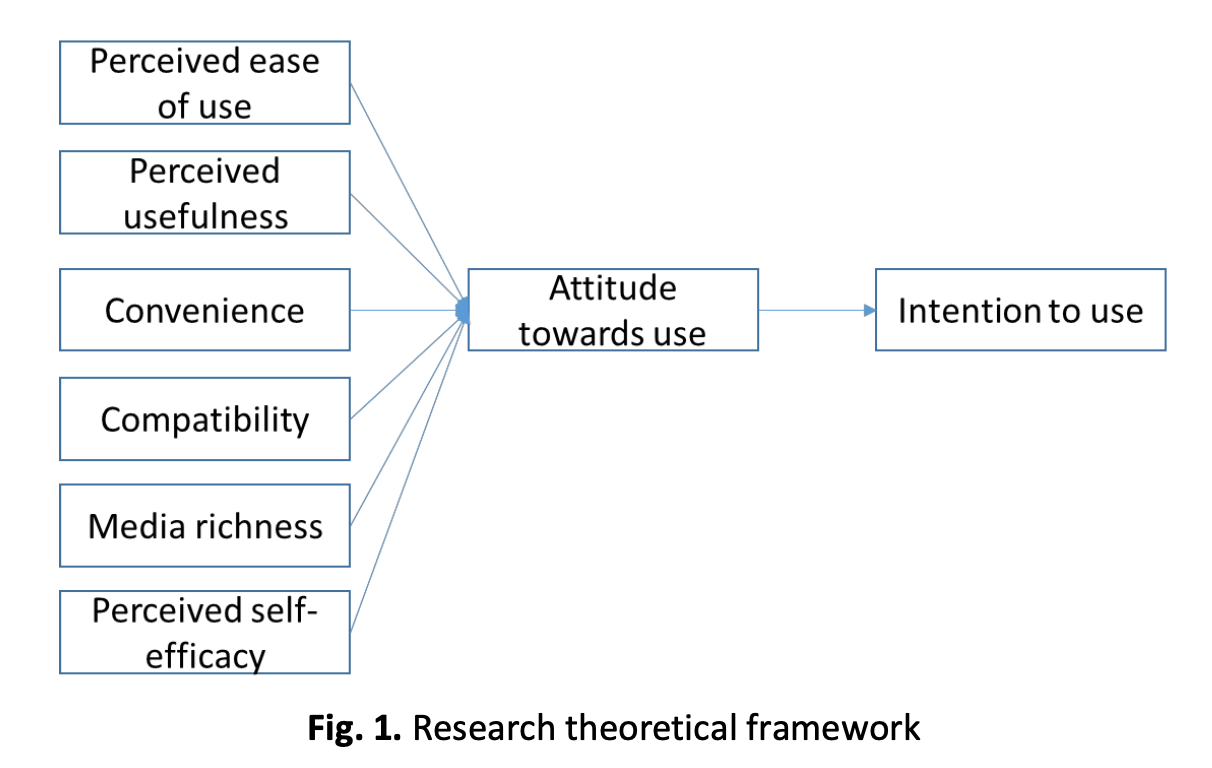Students' Acceptance of Technological Devices for E-Learning during Covid-19 Pandemic in Malaysian Higher Education
DOI:
https://doi.org/10.37934/araset.33.1.19Keywords:
Technological devices, e-learning, TAMAbstract
During the pandemic, the majority of teaching and learning activities have transitioned to electronic platforms, utilizing technological devices. E-learning has emerged as a prominent tool for facilitating and managing these educational processes. Through e-learning, instructors can effectively handle student records, course materials, grading, and communication. This research focuses on examining students' acceptance of technological devices for e-learning in the context of higher education in Malaysia during the pandemic. The primary objective is to investigate students' acceptance and ongoing use of technological devices to support teaching and learning. The extended Technology Acceptance Model (TAM) is employed as the theoretical framework for descriptive assessment of students' acceptance. The study's findings reveal that students exhibit a positive attitude towards utilizing technological devices for e-learning during the pandemic.
Downloads





























